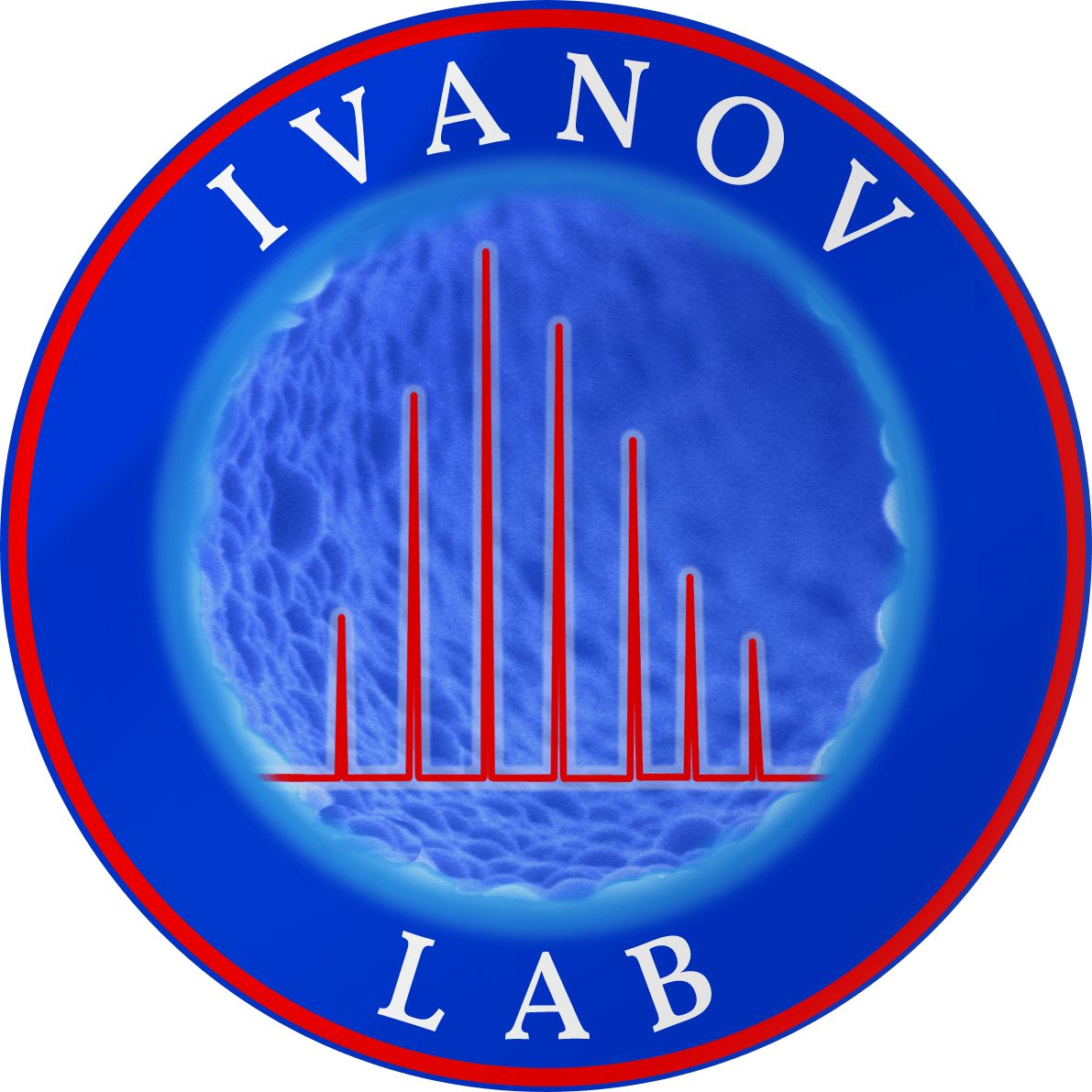Ultra High Sensitivity Proteomic Profiling of Limited Samples
Numerous fields of biomedical research could benefit from the availability of highly sensitive methods to define specific phenotypic, physiological or activation states in microscopic amounts of various biological or clinical specimens by measuring enormously complex and highly dynamic molecular interplays in the proteome.
Thus, technology development to advance the current state-of-the-art proteomic profiling techniques to reach the desired levels of sensitivity is of great importance for solving multiple challenging problems in fundamental and clinical research. We laid the groundwork for advancing the sensitivity of the mass spectrometry based techniques and ultimately for enabling single cell proteomic profiling by developing both ultra-low flow rate pressure- and electric field-driven high performance separation techniques. We have also developed ultra-narrow bore monolithic and porous layer open tubular (PLOT) columns to reach unprecedentedly low detection limits (low zeptomoles) in mass spectrometry-based proteomic profiling.
A. Advanced sample preparation for limited samples
B. Ultra-low flow LC-MS-based proteomic profiling of limited samples

Greguš M., et al.
D. Ultra-low flow CE-MS-based glycomic profiling of limited samples
CONTACT US
Office Location
140 The Fenway, Room 416TF (Mailstop 412TF)
Northeastern University,
Barnett Institute of Chemical and Biological Analysis,
360 Huntington Avenue, 412TF
Boston, MA, 02115, USA
LABORATORY EMAIL








 Marie A.-L., et al.
Marie A.-L., et al.